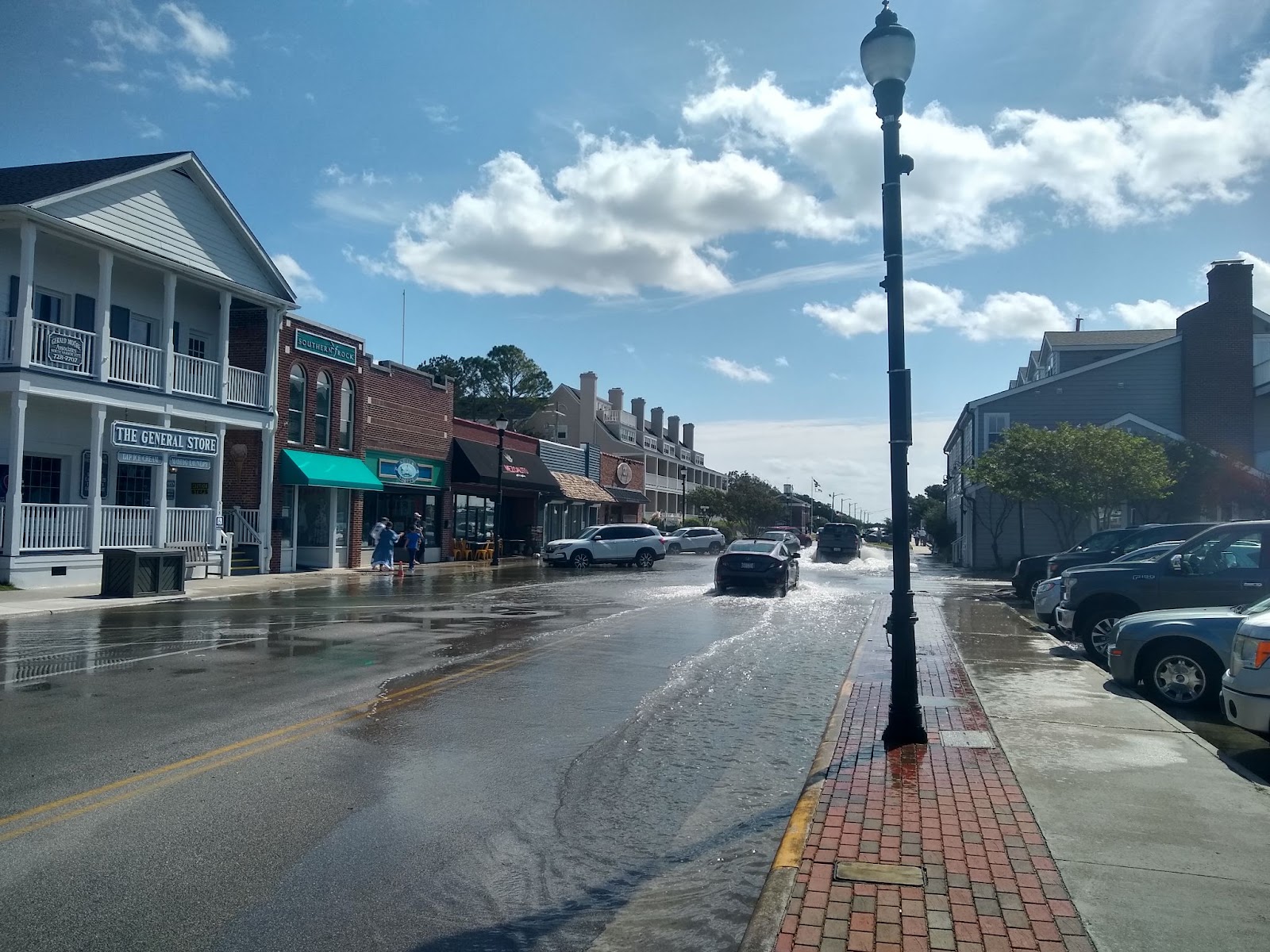Small Group of Genes Influence Egg Quality
FOR IMMEDIATE RELEASE
Contact:
Rhett Register, 919-515-1092, rregister@ncsu.edu
Craig Sullivan, 919-302-7888, aquagyn.nc@gmail.com
Susan Ferris Hill, 843-953-2092, susan.ferris.hill@scseagrant.org
Robert Chapman, 843-725-4878, chapmanr@dnr.sc.gov
Posted Monday, May 12, 2014
A team of scientists from North and South Carolina has discovered that interactions among a small group of genes influence egg quality, a key part of reproductive fitness in all vertebrates, including humans. Results of this research, funded in part by North Carolina Sea Grant and South Carolina Sea Grant Consortium, are published in the open access journal, PLOS ONE.
The researchers worked with striped bass (Morone saxatilis), a finfish used in aquaculture that has problems with arrested development in eggs. Poor egg quality, or the inability of eggs to produce viable embryos, is considered a major limiting factor for development of global finfish aquaculture. This problem has long been studied in agriculture and human reproductive medicine.
“Discovering the root cause of poor egg quality has been the Holy Grail of aquaculture R&D for decades,” says project leader Craig Sullivan, a retired NC State University Distinguished Professor and founder of Carolina AquaGyn. Sullivan is one of three authors of a new paper detailing the study.
Employing artificial intelligence to model the interactions within groups of genes, the researchers found that coordinated expression of a group of 233 genes, or less than 2 percent of all of the expressed genes in the egg, explains more than 90 percent of initial embryo survival.
“Every one of the genes’ contributions to the trait is miniscule, but together, this suite of genes influences egg quality,” says Benjamin Reading, a researcher with NC State and co-author of the paper.
According to Reading, these findings may help aquaculturists select fish that have the highest probability of producing large numbers of viable eggs. Additionally, fisheries managers may be able to better evaluate what percentage of females in the wild population is likely to produce viable eggs and subsequently modify management strategies.
Robert Chapman of the S.C. Department of Natural Resources and Hollings Marine Laboratory and co-author on the paper notes that because embryos of all vertebrates are similar during the early stages of development, the findings could shed light on human reproductive medicine. “As infertility is increasing in humans from developed nations, our work may provide some clues to this problem. As a striper female will produce 1,000 times as many eggs in a single year as a human female will produce in her lifetime, we can perform experiments and studies in stripers that would be impossible in mammals including humans.”
“This cutting-edge research reflects a successful linkage of basic scientific inquiry that has a direct application to business, industry and public health,” says Rick DeVoe, executive director of the South Carolina Sea Grant Consortium. “It demonstrates that modest investments in collaborative research can result in significant, socially relevant applications.
North Carolina Sea Grant and South Carolina Sea Grant Consortium have been national leaders in striped bass aquaculture research for more than 30 years. “Striped bass aquaculture remains an important research interest for our program,” says John Fear, North Carolina Sea Grant deputy director. “Even today we are providing seed funds to advance the protocols being used to rear these fish.”
The paper, Ovary Transcriptome Profiling via Artificial Intelligence Reveals a Transcriptomic Fingerprint Predicting Egg Quality in Striped Bass, Morone saxatilis, is published in the open access journal, PLOS ONE, available at www.plosone.org. Additional funding for the project came from the NOAA Center of Excellence in Oceans and Human Health, Center for Marine Genomics at Hollings Marine Laboratory and from the U.S. Department of Agriculture National Institute of Food and Agriculture.
###
North Carolina Sea Grant: Your link to research and resources for a healthier coast
- Categories:


